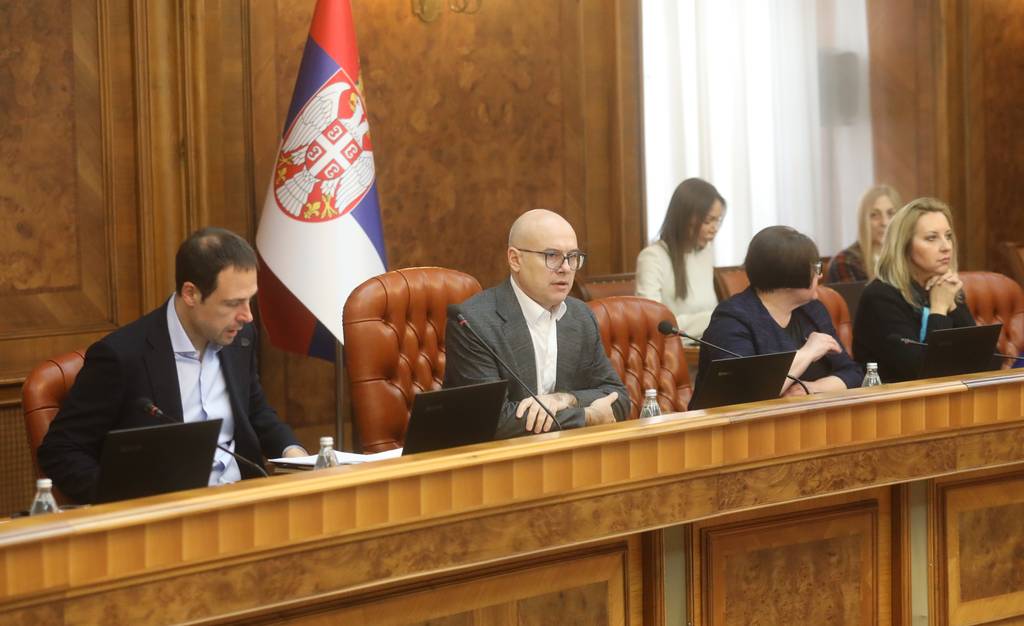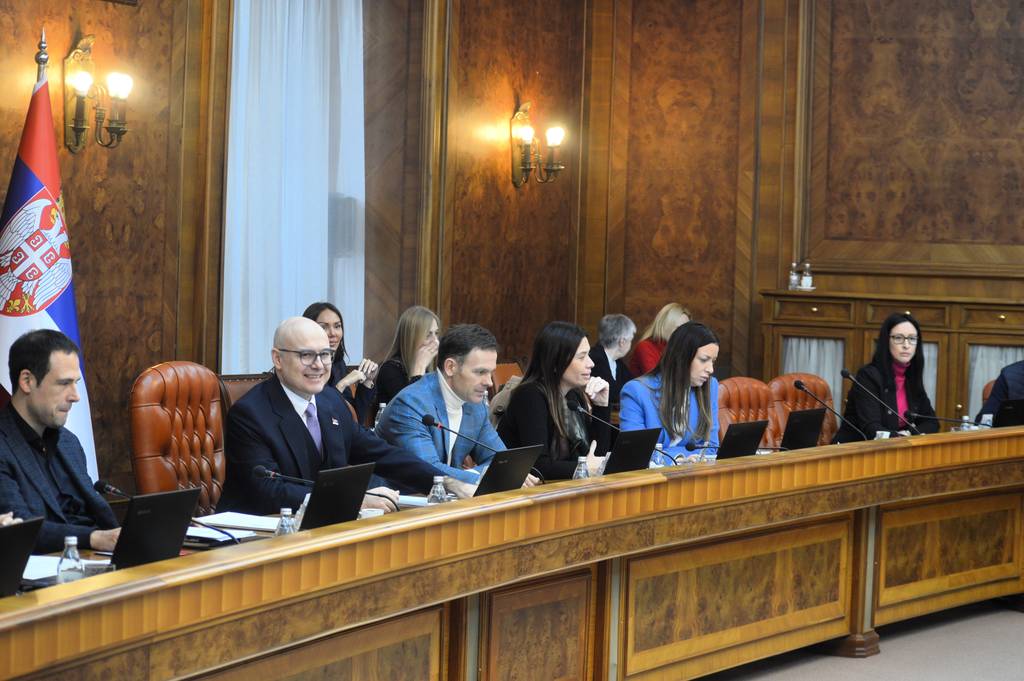The Serbian government adopted today the Strategy for creating a stimulating environment for the development of civil society in the Republic of Serbia for the period from 2022 to 2030, which provides the legal and institutional framework necessary for civil society organisations to act independently and smoothly and be encouraged to participate more in reform processes.
- Serbia
Get to know Serbia
- Citizens
Culture and science
Health services
Pension and disability insurance
- Business
Employment
Economy
- Media
- Government
- Contact
Keep in touch
Keepin touch
Whether you have a question, comment, suggestion or any problem in the purview of the government, send us your message and we will try to respond as soon as possible. If your problem is not in our purview, we will forward your message to the relevant institution.
Civil society development strategy adopted
The goal of the strategy is to ensure greater involvement of the civil sector in the decision-making process at all levels, improve transparent funding and sustainability of the civil sector, increase the participation of civil society organisations in socio-economic development and act in accordance with sustainable development principles, as well as to ensure greater participation of these organisations in the process of European integration.
The Serbian government recognised the importance of adoption of the strategy given that the development of civil society is necessary for political stability and economic and social cohesion in all modern democratic societies.
The establishment of a Serbian government council for development and cooperation with civil society is envisaged, which will be tasked with following the implementation of the strategy and the manner of reporting on the results achieved.
The council will be composed of an equal number of representatives of the state and civil sectors, and it will report to the government on results of the strategy’s implementation.
The Serbian government adopted the Strategy for social inclusion of Roma in the Republic of Serbia for the period from 2022 to 2030.
The strategy is based on international acts and national regulations dealing with the areas covered by this document, such as: justice and protection of human and minority rights, social inclusion of Roma, equality and non-discrimination, education, employment, housing, health, social care and civil status.
The general goal of the strategy is the improvement of quality of life of Roma in the Republic of Serbia, with the respect for human and minority rights, elimination of discrimination and gypsyism as a form of racism, and the achievement of greater social inclusion in all segments of society.
The strategy includes goals related to improving the participation of Roma in all social processes, ensuring full inclusion in preschool, primary, secondary and higher education, increased access to quality and sustainable employment and health services, improving housing conditions and equal access of Roma to social protection rights and services.
-
 Belgrade, 24 March 2025
Belgrade, 24 March 2025Government adopts series of decisions, conclusions, rulings
-
 Belgrade, 20 March 2025
Belgrade, 20 March 2025Cash prizes awarded to medal-winning athletes
-
 Belgrade, 17 March 2025
Belgrade, 17 March 2025RSD 500 million allocated for purchase of real estate based on childbirth
-
 Belgrade, 16 March 2025
Belgrade, 16 March 2025Day of Mourning to be observed in Serbia on 18 March over Kočani tragedy
-
 Belgrade, 13 March 2025
Belgrade, 13 March 2025Establishing transparent textbook market
-
 Belgrade, 12 March 2025
Belgrade, 12 March 2025Decree on establishment of packaging waste reduction plan to 2029 adopted
-
 Belgrade, 6 March 2025
Belgrade, 6 March 2025Incentive for investors to produce audiovisual work in Serbia
-
 Belgrade, 27 February 2025
Belgrade, 27 February 2025Government adopts Bill on Information Security
-
 Belgrade, 25 February 2025
Belgrade, 25 February 2025Bill adopted to amend Law on Higher Education
-
 Belgrade, 20 February 2025
Belgrade, 20 February 2025Three bills adopted to amend laws in field of education







